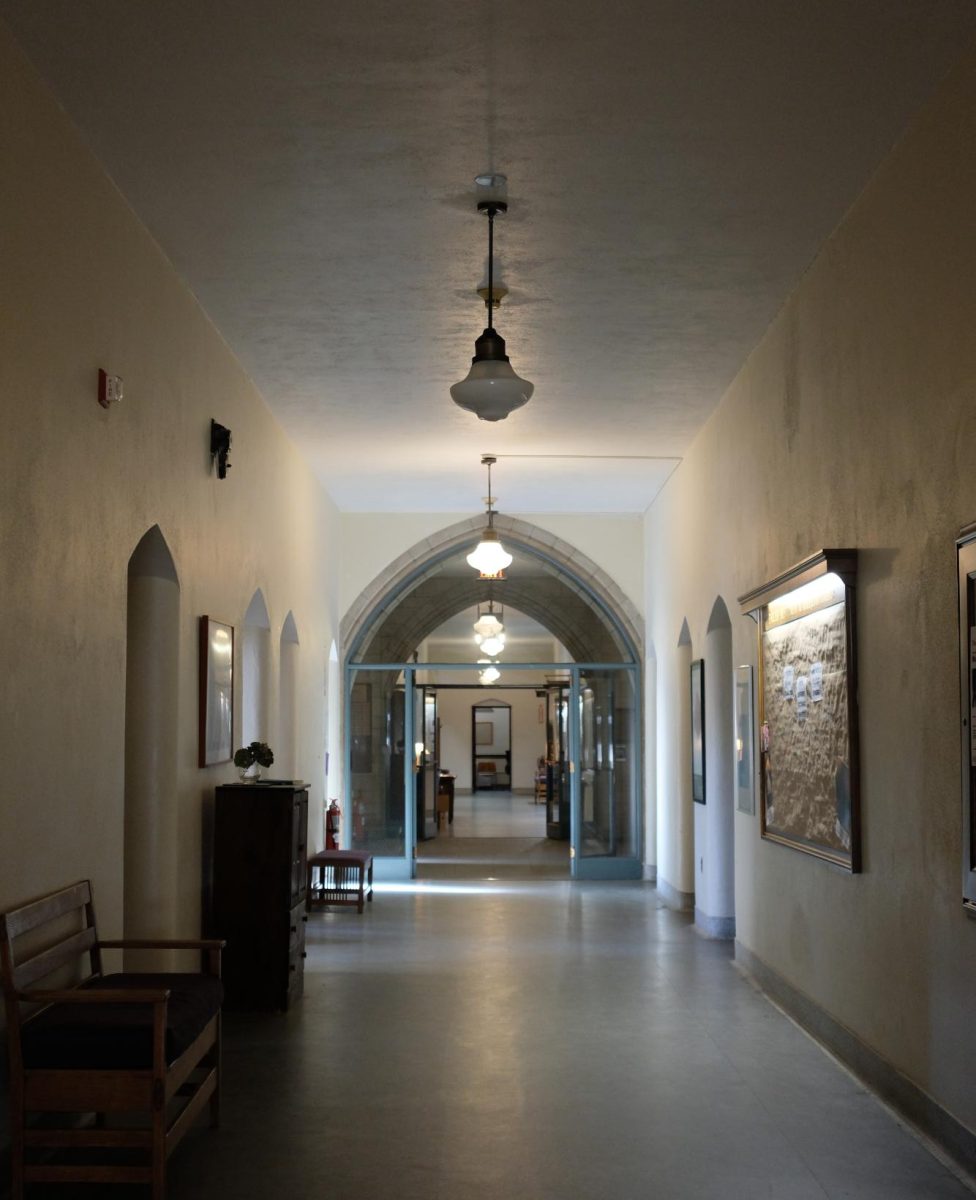Wellesley’s public notoriety can in part be attributed to its students’ dedication to advocacy. Historically, protests and petitions have often attempted to signal the student body’s dissatisfaction with our administration, which is widely viewed among students as an out-of-touch ruling body.
The disparity between the actions of higher-ups and students’ desires is evidenced by the school’s persistent failure to utilize gender-neutral language — in place of solely female identifiers — on its marketing materials, website and school-wide communications, much to the chagrin of many students, who have shown their overwhelming support for the presence and recognition of trans and non-binary communities on campus for several years.
In recent semesters, further incongruence of Wellesley’s leadership with the priorities of its students has bled dangerously into its academic policies, specifically regarding the language departments, like East Asian Languages and Cultures (EALC). Despite the increasing demand for Korean language courses, the looming contract termination of the department’s beloved Professor Eun Ha Hwang, the Korean Language Table sponsor and enthusiastic Korean Student Association (KSA) supporter, was made evident to students upon returning for the spring semester.
The gradual reduction of funding for language studies has sparked past unease among students, but the college’s decision to drastically reduce the Korean department through the dismissal of Professor Hwang has catalyzed student advocacy efforts in full force. After twenty years of hard work building the department from the ground up, the efforts of EALC faculty would be undermined if Wellesley’s decision is carried out.
The KSA has circulated a petition calling for the reinstatement of Professor Hwang as a matter of preserving not only the Korean department, in which she is one of three professors, but the future of language studies at Wellesley as a whole. The petition succinctly summarizes the implications of Hwang’s termination on the ethos of Wellesley’s academics: “The loss of Professor Hwang would set a dangerous precedent — that Wellesley can undervalue and dismantle non-STEM disciplines at will, disregarding the crucial role these fields play in fostering global awareness, empathy and cultural understanding.”
As an avid language student — double majoring in English and Spanish — I wholeheartedly agree with this evaluation; language and culture programs are essential to fostering the global connections required for truly impactful societal advancement. Wellesley’s mission is “to provide an excellent liberal arts education to women who will make a difference in the world,” the foundation of which resides in a well-rounded education in the arts, sciences and social sciences.
Wellesley’s status as a liberal arts institution is one of its main points of pride, yet the integrity of this mission is threatened by the termination of Hwang, and, consequently, the possible dismantling of the Korean department due to a lack of faculty. In the context of Wellesley’s ever-expanding STEM resources and recently reimagined Science Center, decreasing the options for students in the languages further demonstrates an emphasis on the sciences and social sciences over the humanities, misaligning the school’s offerings with the intentions of its liberal arts origin.
The potential termination of Hwang, and the subsequent jeopardization of the Korean department, is a pivotal moment that demands a response from all who believe in the power of education to transcend borders and foster meaningful connections across cultures.
As students of Wellesley, we have a responsibility to stand united in our advocacy for the preservation and expansion of all academic disciplines, including language and cultural studies. We cannot afford to let the college narrow its focus at the expense of a well-rounded education that values both the humanities and the sciences.
Whether you are a language student or not, your voice matters in this conversation. By signing petitions and providing personal statements regarding Hwang’s significance to the student body we can collectively remind the college of its mission — to educate leaders who will make a difference in the world. Let us continue the tradition of student advocacy at Wellesley, ensuring that future generations of students have access to the diverse and rich academic experiences that make our community unique.





Daniella Bonomo | Feb 6, 2025 at 11:35 am
Such an empowering & inspiring message!